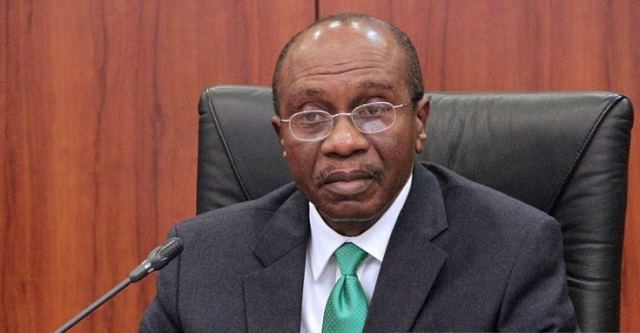- Emefiele insists on sustainable currency union, urges region to take advantage of US-China trade war
Barely 18 months to the projected 2020 implementation deadline, it emerged Thursday that no member country of the West African Monetary Zone (WAMZ) including Nigeria, has met all convergence criteria towards the implementation of a single currency for the sub-region.
Though the average performance of the zone indicated improvement in macro-economic convergence index as at December 2017, none of the member countries satisfied all four criteria.
The Director General, West African Monetary Institute (WAMI), Dr. Ngozi Egbuna, in a status update presented to the 37th meeting of the Committee of Governors of Central Banks of the WAMZ, said only Nigeria, The Gambia and Guinea attained three criteria each.
She explained that while The Gambia missed the fiscal deficit criterion, Guinea failed to meet the gross external reserves mark, while Nigeria missed the inflation criterion.
According to her, Ghana and Liberia met two criteria each, while the former missed both the inflation and fiscal deficit criteria, the latter missed the inflation and central bank financing criteria.
Sierra Leone was only able to satisfy the gross external reserves requirement in the review period.
However, the Governor of the Central Bank of Nigeria (CBN), Mr. Godwin Emefiele, stressed the need for members to demonstrate a collective determination to overcome the constraints to the achievement of currency convergence.
He said deeper integration of the different economies and harmonisation of member countries’ currencies “will help in stabilising our economies by accelerating investment and trade in the sub-region, minimise transaction costs and bring about quality employment opportunities with improved standard of living for our people”.
The CBN boss, therefore, tasked member-countries of WAMZ to continue to work towards reversing the structural and institutional deficiencies which had continued to stalemate the unification process, by working hand-in-hand with various fiscal authorities in narrowing budget deficits, sub-optimal fiscal performance and encouraging investments in infrastructure among others.
Despite the shortcoming, Emefiele encouraged the zone to once again, consider the meeting as a veritable opportunity to collectively review the process made and come up with workable strategies aimed at achieving its common objective.
He charged the group that while focusing on uniform achievement of the convergence criteria, attention must also be given to sustainable real convergence in the sub-region to facilitate the attainment of optimal mix between the sustainability of monetary cooperation and the conditionality associated with the achievement of the macro-economic convergence criteria.
The apex bank boss, however, stressed the fact that the pursuit of single currency must not cause the sub-region to ignore the potential adverse and contagion factors associated with unified monetary area and common currency.
He said the unfolding currency war between the United States, China and the West indicates both opportunity and challenges for the West African economy, “depending on how we approach it individually as nations”.
Nevertheless, he noted that while the shocks to individual economies might vary in magnitude and intensity, it might yet be another opportunity to look inward and strategise on how best to fill the trade gap that would ensue as a result.
He further pressed members to consider the creation of the WAMZ commission which had been delayed, adding that: “Now is the time and we cannot wait any longer to establish the commission to drive our common interests and aspirations. We must intensify our level of cooperation and collaboration through strong bonds to work as a unit.”
Meanwhile, the Chairman, Committee of Governors, Banks, Mr. Bakary Jammeh, said notwithstanding the inability of countries to meet the convergence criteria, members have agreed to re-commit to diversify respective economies in order to minimise the impact of shocks and stimulate economies through targeted spending in growth enhancing sectors for employment and poverty reduction.
He said the promotion of macro-economic stability was key to a durable monetary union.













